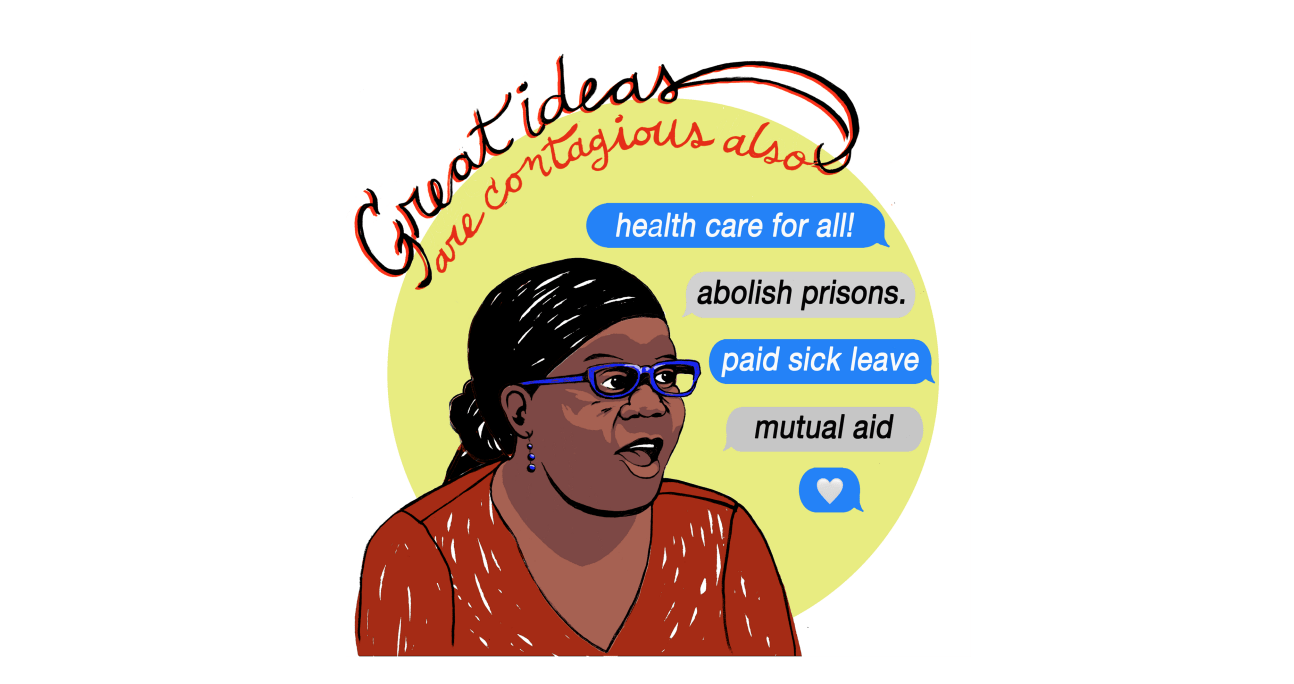
As a part of the UCSC Black Geographies Lab, our faculty and graduate students are sharing their syllabi inspired by and centered around the themes of our study. Below is the course description and link to Camilla Hawthorne’s undergraduate sociology course syllabus.
CRES 190D: BLACK GEOGRAPHIES AND THE IMPERATIVE OF ABOLITION
“I learned from reading and studying with people like Cedric Robinson, Stuart Hall, Angela Davis, Claudia Jones, so many people from around the world, how it is that we can make freedom out of what we have—not by yielding or sacrificing some of our comrades—but by trying to live the principle where life is precious, life is precious.” – Ruth Wilson Gilmore, “Intercepted” podcast
Course Description:
The call to abolish or defund police has gained national, mainstream attention in the wake of the 2020 Black Lives Matter uprisings that erupted in response to the murders of Ahmaud Arbery, Breonna Taylor, Nina Pop, James Scurlock, Tony McDade, and David McAtee. But far from a recent development, abolitionist demands are actually central to a 400–year legacy of Black struggle.
This senior seminar looks to the burgeoning field of Black Geographies to help us understand the renewed urgency of calls for abolition in our current moment. As critical human geographers contend, “space” is not a blank slate upon which human activity unfolds; rather, the production of space is intimately intertwined with the production of difference. Indeed, Black scholars and activists have long
recognized the complex spatialities of Black life, developing nuanced theories of diaspora, racial capitalism, carcerality, and anti-/post- colonialism that are inherently geographical.
In this senior seminar, we will consider how a critical attention to the mutual production of race and space can help us understand phenomena such as police violence, mass incarceration, and immigration detention—and how these insights can in turn help us chart (in the words of Katherine McKittrick, 2006) “more humanly workable geographies.” Because abolitionist knowledge production does not take place in just one discipline—or, for that matter, solely within the academy—we will read interdisciplinary and engage with works of activism and speculative fiction. We will also make use of multimedia, including videos, podcasts, music, website, and graphics.
Link to pdf: Black Geographies & the Imperative of Abolition
Image credit: Mariame Kaba graphic by Bec Young (2020)